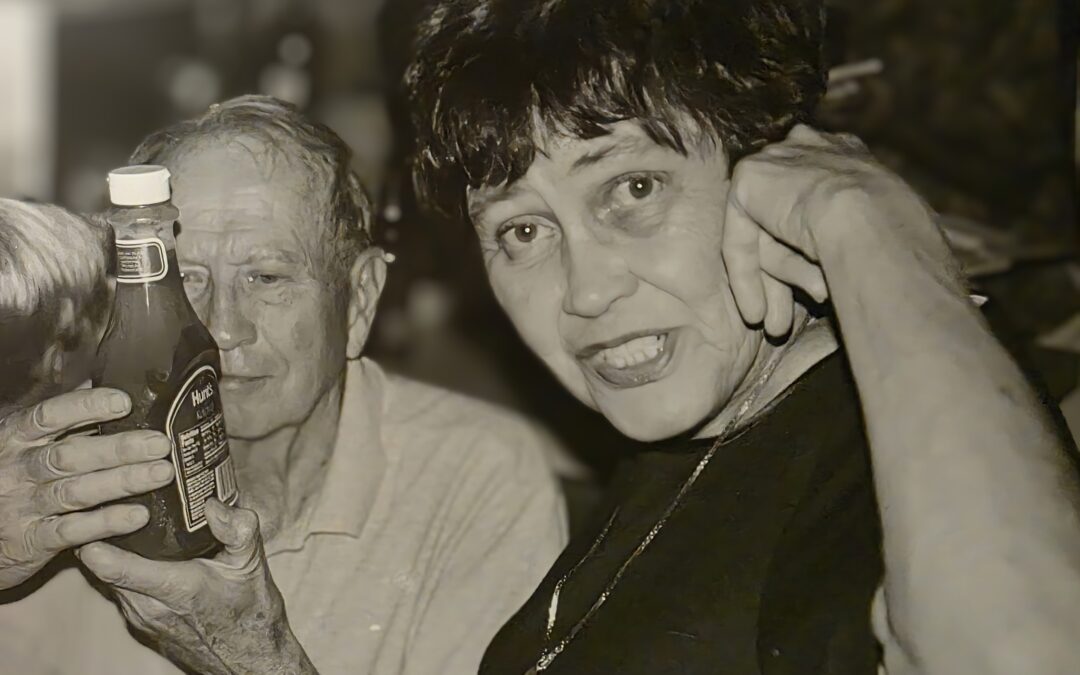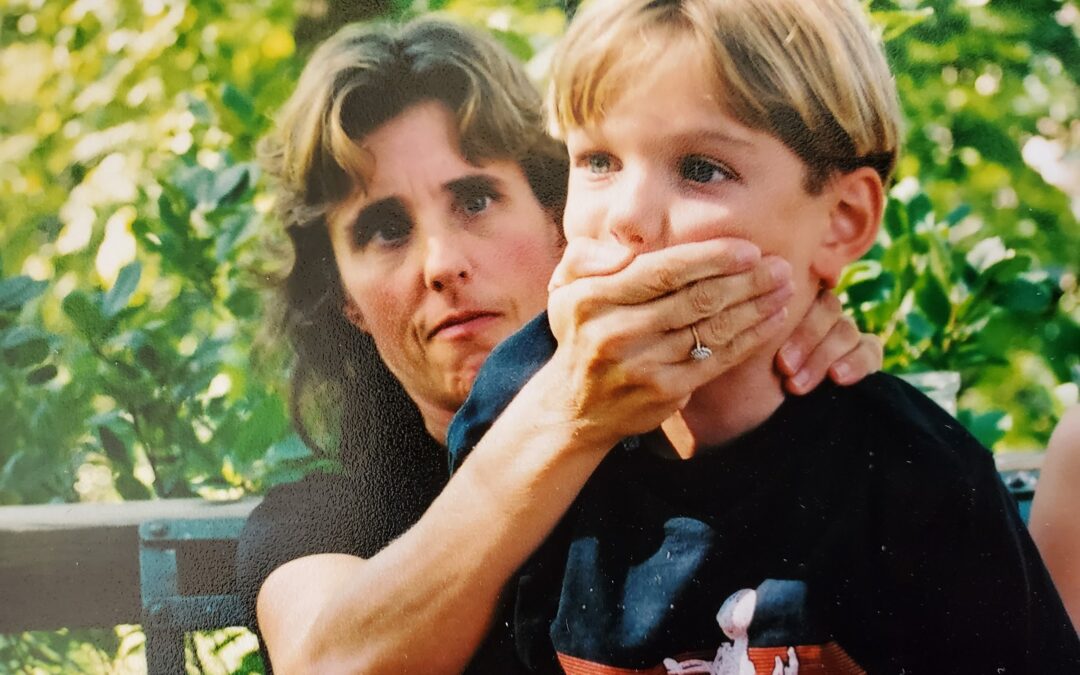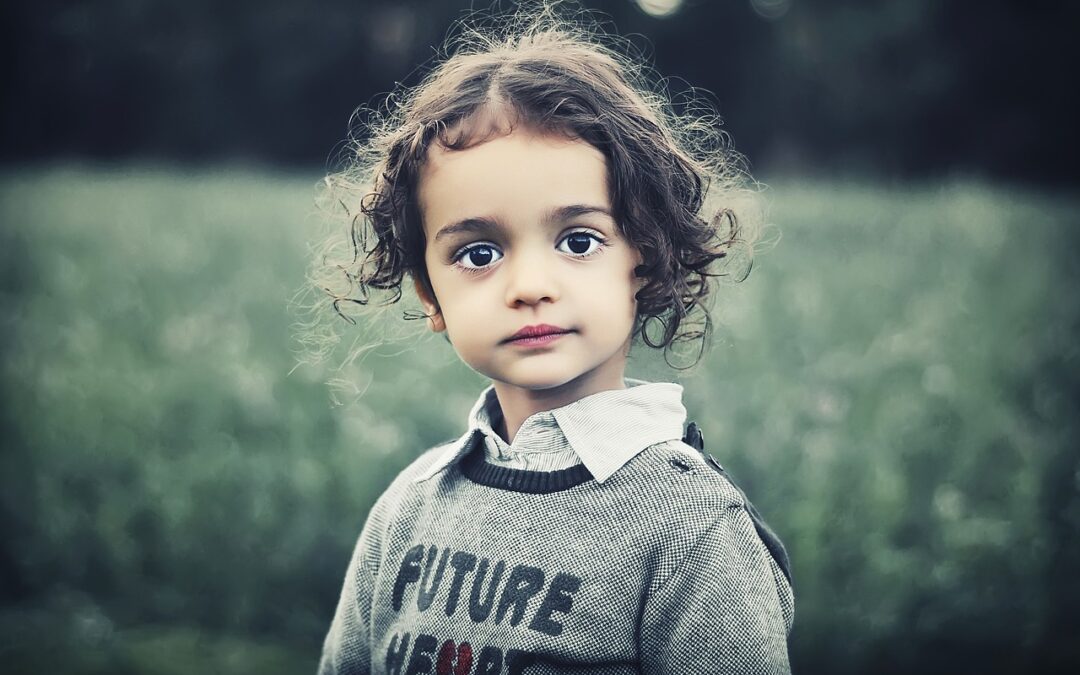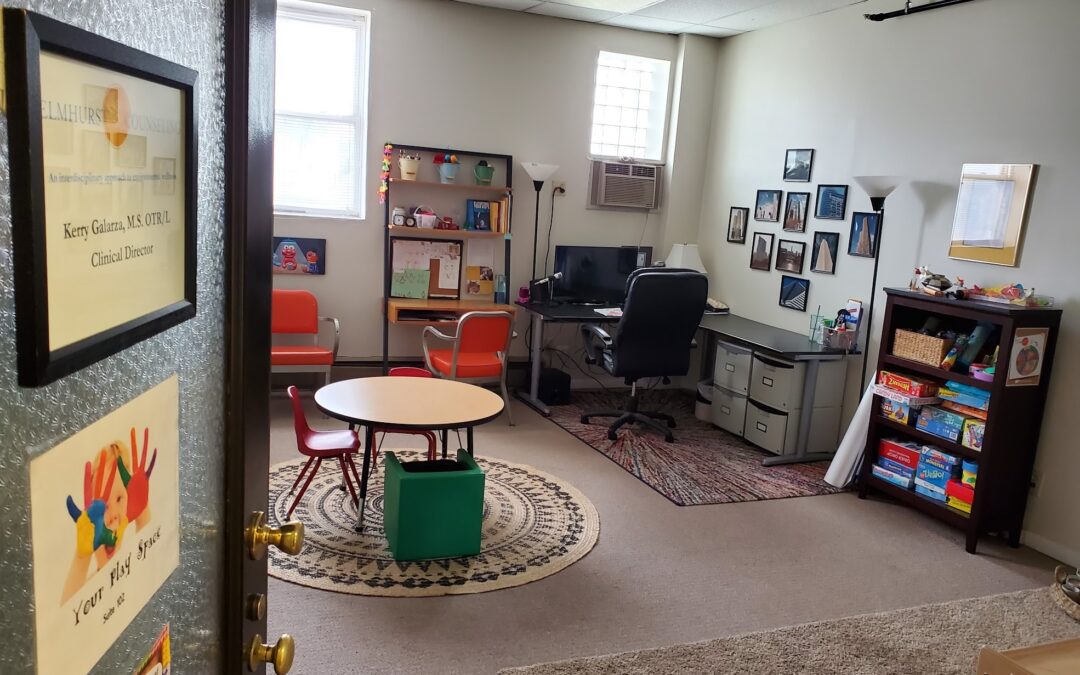
Apologizing is Difficult
There was a bad decision. It didn’t work out. People are talking. Your reputation has been stained. Now what? Own it? Full disclosure? “Umm…this happened. We’re sorry for the consequences. We wish we could take it back but, unfortunately, the damage is done. Here’s what we’re going to do next.”
Many years ago, I was heckled by two professors who believed I was under-credentialed to be speaking on the topic I had been hired by the college to present. When word of the event got to the college president, he was mortified by his faculty’s behavior, and he required my colleagues to formally apologize.
It was easy for the ringleader. In a monotone, he said, “sorry.” Absent of meaning, it sounded like a kid trying to get out of trouble. So, I said, “Say it like you mean it.” He paused, rolled his eyes, let out a deep sigh, and said, “SORRY.” Done.
His co-heckler took a different approach. She was embarrassed by having been led into unprofessionalism and wished she could rewind history. She sheepishly approached me, and she fell to tears. She explained that she had gotten caught up in the moment and had regretted her actions ever since.
Seeing that she was unable to find the right words to apologize, I encouraged her to let it go. Lesson learned. There was nothing more that either of us needed to make it right. Move on.
Apologizing is difficult. Here’s a template: I effed up. I didn’t intend to eff up, but I now see that I did. I’m sorry. I wish I could have a do-over, but that’s not the way life works. So, all I can do is apologize and try to do better in the future.
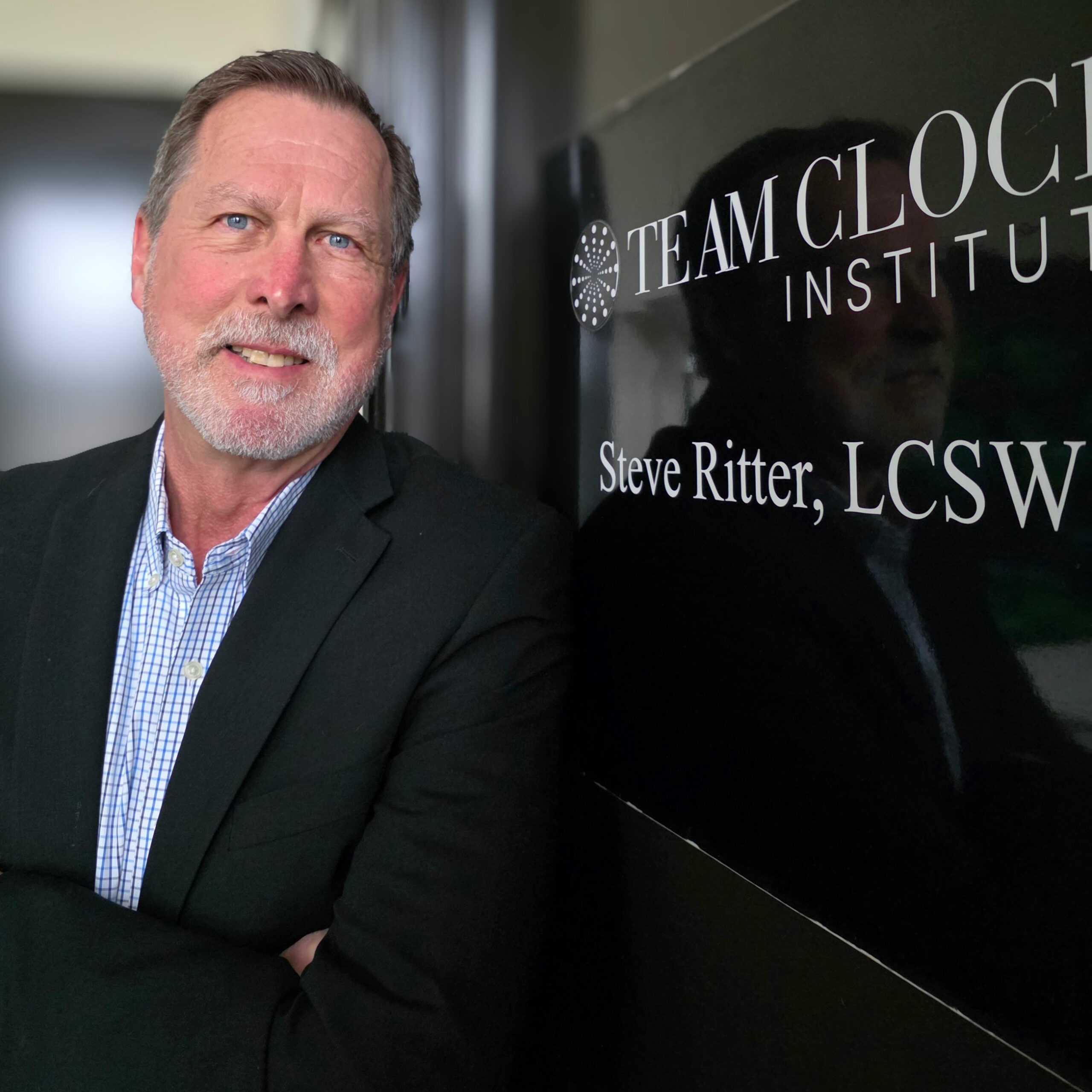
About the Author
Steve Ritter, LCSW is the Founder and Executive Director of Elmhurst Counseling. He has served as a teacher, author, consultant, human resources director, health care administrator, and licensed clinical social worker since 1977. A fellow of the American College of Healthcare Executives, Steve has provided coaching, therapy and team development services to thriving schools, businesses and organizations.

